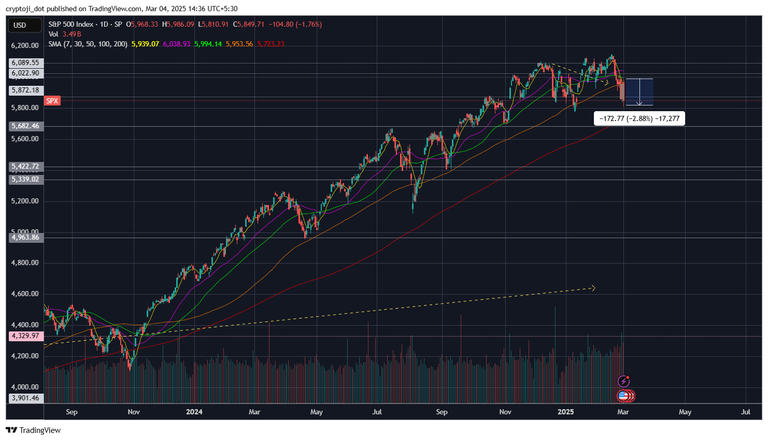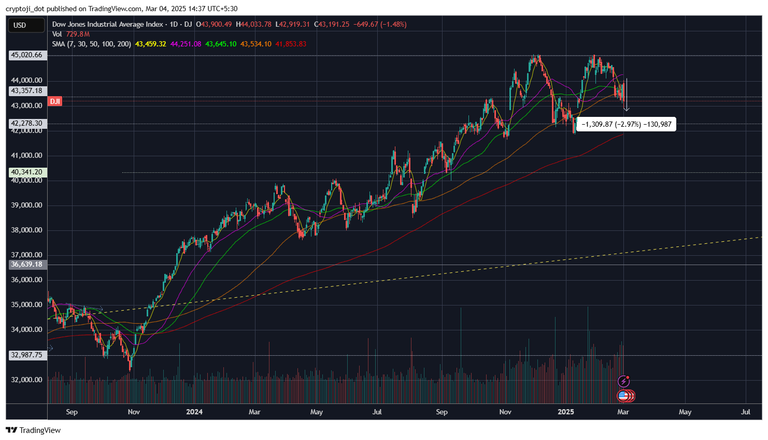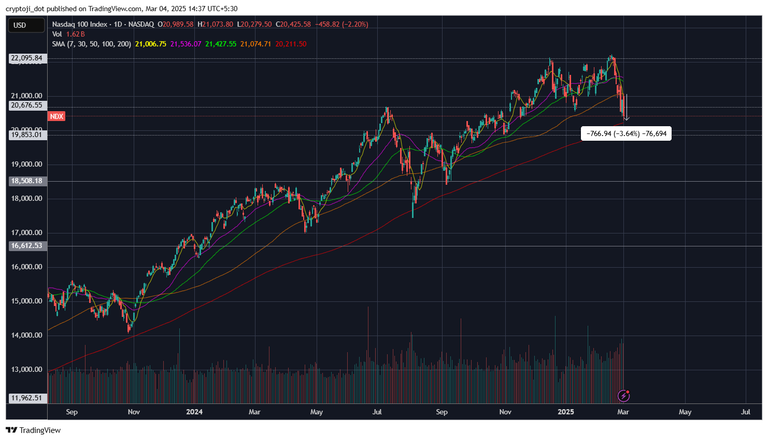The New Trump Trade Order: Tariffs Hit North American Neighbors

America Imposes Tariffs on Products from Its North American Neighbors
Yesterday, it was confirmed that the Trump administration has established economic barriers to trade between the United States and its two neighbors—Mexico to the south and Canada to the north.
This development is significant, as trade barriers have emerged in North America, a region that was previously integrated.
By now, it is clear what is meant by the term “new Trump order,” as his policy of imposing high tariffs on imports comes into effect for trade between the U.S. and its neighboring countries—Mexico and Canada.
North American Neighbors Can Sell Products Duty-Free if Manufactured in the U.S.
One way for Mexico and Canada to circumvent the upcoming 25% import tariffs is to set up manufacturing plants in the United States and produce their products domestically.
Imported Products Will Become More Expensive for Americans
As a result, American citizens can expect that products imported from their North American neighbors will become more costly.
Even low-value packages valued under $800, which were previously exempt from duties under the "de minimis" exemption, will now incur import duties, making these items more expensive.
Trump's Hard Tariff Policy Aims to Promote American Products
Moreover, following Trump’s tariff guidelines, the U.S. will implement reciprocal tariffs to counter duties imposed by other countries on U.S. products.
Trump's high tariff policy is designed to strengthen America and promote domestic industry, ensuring that American products remain affordable for American consumers. If consumers choose to buy imported goods, they will face higher prices as a form of penalty.
Market Uncertainty Amid Rising Inflation
However, U.S. markets did not react positively to Trump’s tariff policy affecting its North American neighbors—indexes such as the S&P 500, DJIA, and Nasdaq all declined yesterday.
The likely reason for this downturn is market uncertainty, as inflationary pressures are now in play. The tariffs and counter-tariffs are expected to drive up prices globally.
A decrease in global demand for products could trigger a recession, as production, sales, earnings, and revenues of companies around the world decline.
There is a growing concern that Trump’s aggressive tariff strategy may lead to a global recession.
Potential Benefits of Trump's Trade Policy
It will be interesting to see if Trump’s trade policy ultimately benefits Americans, as he intended. Will he be able to generate sufficient tariff revenue so that the U.S. government no longer needs to tax American citizens?
What seems certain is that Trump may effectively combat fentanyl trafficking from North America. Additionally, his administration is expected to curb the flow of illegal immigration.
I previously discussed the potential for Trump’s tariff regime to contribute to global inflation and rising prices in my earlier article, Tariff Turmoil: Unpacking Trump’s Economic Chess Game. Do give it a read!
Posted Using INLEO


